 The poet Philip Larkin called her “the most underrated writer of the century”. While I wouldn’t go quite so far, there’s no doubt she was dismissed by the critics in the 1960s for being out-of-date. In spite of her early success and the popularity of six previous novels, she was turned down by her publishers and retreated into obscurity. It wasn’t until 1977, with the publication of Quartet in Autumn, that Pym regained her public following. Quartet was highly praised and nominated for the Booker Prize – as a comeback it was an enormous success.
The poet Philip Larkin called her “the most underrated writer of the century”. While I wouldn’t go quite so far, there’s no doubt she was dismissed by the critics in the 1960s for being out-of-date. In spite of her early success and the popularity of six previous novels, she was turned down by her publishers and retreated into obscurity. It wasn’t until 1977, with the publication of Quartet in Autumn, that Pym regained her public following. Quartet was highly praised and nominated for the Booker Prize – as a comeback it was an enormous success.Friday, October 27, 2017
Margie Taylor Writes About Barbara Pym's Novel Quartet in Autumn
A Quartet in Autumn by Barbara Pym. Reviewed by Margie Taylor.
“There was something to be said for tea and a comfortable chat about cremation.”
It’s lines like this that cause Barbara Pym to be referred to as the Jane Austen of the 20th Century. I mean, how perfect is that? Doesn’t it just conjure up a certain type of middle-aged woman at a certain time living in a certain place? It does for me, anyway. I love it.
 The poet Philip Larkin called her “the most underrated writer of the century”. While I wouldn’t go quite so far, there’s no doubt she was dismissed by the critics in the 1960s for being out-of-date. In spite of her early success and the popularity of six previous novels, she was turned down by her publishers and retreated into obscurity. It wasn’t until 1977, with the publication of Quartet in Autumn, that Pym regained her public following. Quartet was highly praised and nominated for the Booker Prize – as a comeback it was an enormous success.
The poet Philip Larkin called her “the most underrated writer of the century”. While I wouldn’t go quite so far, there’s no doubt she was dismissed by the critics in the 1960s for being out-of-date. In spite of her early success and the popularity of six previous novels, she was turned down by her publishers and retreated into obscurity. It wasn’t until 1977, with the publication of Quartet in Autumn, that Pym regained her public following. Quartet was highly praised and nominated for the Booker Prize – as a comeback it was an enormous success.
The book was somewhat of a departure for Pym. Previously, she’d been known for comic novels, somewhat in the style of E. F. Benson’s Mapp and Lucia. There is a lightness about Quartet, and the characters are certainly “types”. But its underlying sadness is, I think, likely due to her own years spent floundering in the literary wilderness. There’s nothing like a decade of rejection slips to foster a writer’s sense of isolation and despair.
Letty, Marcia, Edwin and Norman work side by side in an office somewhere in London. They all live alone – they are all approaching retirement. The nature of their work is unspecified, but we’re given to understand it’s pretty boring, and not all that important: when they retire, they’re told, they will not be replaced.
You might think four people who’ve worked together in close quarters for years would become friends. You might assume they would socialize, at least occasionally, outside working hours. You would be wrong. This is a story about a certain type of Londoner who lives alone in a bed-sitting room, fiercely guarding his – or her – privacy. Edwin is the only one who owns his own home, but none of the others have ever been inside. They wouldn’t expect to beinvited and would be shocked if they were.
In the meantime, retirement is looming. Aside from Letty, none of them have any definite plans for how they’ll spend their leisure years. Letty has a long-standing agreement with her widowed friend Marjorie that she’ll move to the countryside when the time comes and share Marjorie’s cottage. When Marjorie unexpectedly makes plans to marry the local vicar, Letty is left out in the cold. To compound her misfortune, the landlady of the house where she boards sells the place to a priest of an African religious sect, as Edwin describes him. Loud, exuberant worshipping now takes place the basement of the house on a nightly basis.
These are not people, I have to confess, that you’d care to dine with. Or spend more than five minutes talking to at a party. Norman in particular is an argumentative, “angry little man whose teeth hurt”, and whose spirits are lifted by the sight of a wrecked car on the motorway. Edwin, large, bald, and pink, is obsessed with the rituals of the church; outside of work he attends services throughout the city, craving liturgy and incense like an addict in search of a fix.
The women are better drawn than the men. Pym has an eye – and ear – for the eccentricities of a certain type of semi-genteel, middle-class English woman. Marcia, already rather dotty, declines into near-madness upon retirement. She hoards tins of food but doesn’t eat – she keeps a shed full of milk bottles in her back garden – she fills her kitchen drawers with dozens of plastic bags, neatly classified and sorted. Marcia, more than any of the others, is a cautionary tale for those about to retire, or already there.
The secondary individuals in Quartet are depicted with just as sharp an eye for character. Letty’s next landlady, the formidable Mrs. Pope, does “exactly those things that she wanted to do which made Letty realize that perhaps getting older had some advantages, few though these might be.”
And Edwin’s friend, the parish priest, is perhaps not as benevolent and all-caring as he might be, given his calling: “Father G. was often obliged to enter houses where people were on the point of death or had already died; indeed he preferred this type of situation to normal parish visiting, with its awkward conversation and the inevitable cups of tea and sweet biscuits.”
The autumn of the title refers, of course, to that period of life when we think about mortality – our own and that of our family and friends. Retirement, as much as it might be anticipated, is one of those milestones that looms in the distance, signalling the approach of the end.
But the four characters portrayed here have lived their whole lives in a kind of autumn. They were born into a certain class at a certain time when expectations were low. “Don’t get above yourself” would one of their ruling mottos – as much as “Don’t drink sherry before 5:00” and, apparently, “Never read a novel in the morning”. These are people who wither in the heat of summer, who never really believe in the promise of spring. They’re made for the weak light of fall, with its grey, moody skies and the promise of a nice cup of tea at the end of the day.
I read Quartet in Autumn with a certain nostalgia. This is the London I remember when I lived there in the seventies. A city of shabby bed-sits and luncheon vouchers … shillings in the meter to run your bath and no central heating. Black and white tellies given to breaking down on a regular basis. The England of Quartet was swept away by Margaret Thatcher and the European Union, and that’s probably not a bad thing.
But Pym deserves to be read. She has a talent for telling a dark story with a light touch, and it is this that gives the book its poignancy. In spite of its themes of loneliness and isolation it’s actually very funny in parts and the ending, in particular, is hopeful. Letty, finding herself contemplating an outing with Edwin, Norman, and Marjorie – something that would have been unthinkable a year ago – realizes that life still holds “infinite possibilities for change”. Something we’d all do well to remember.
Subscribe to:
Post Comments (Atom)






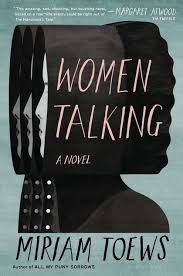
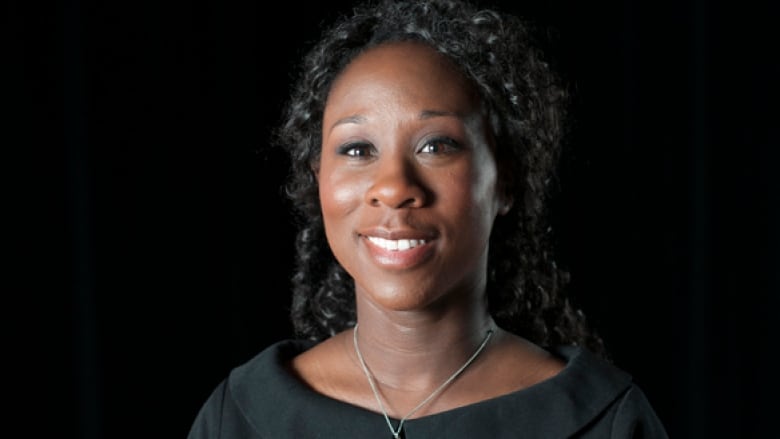






















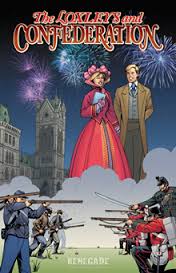


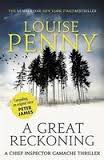






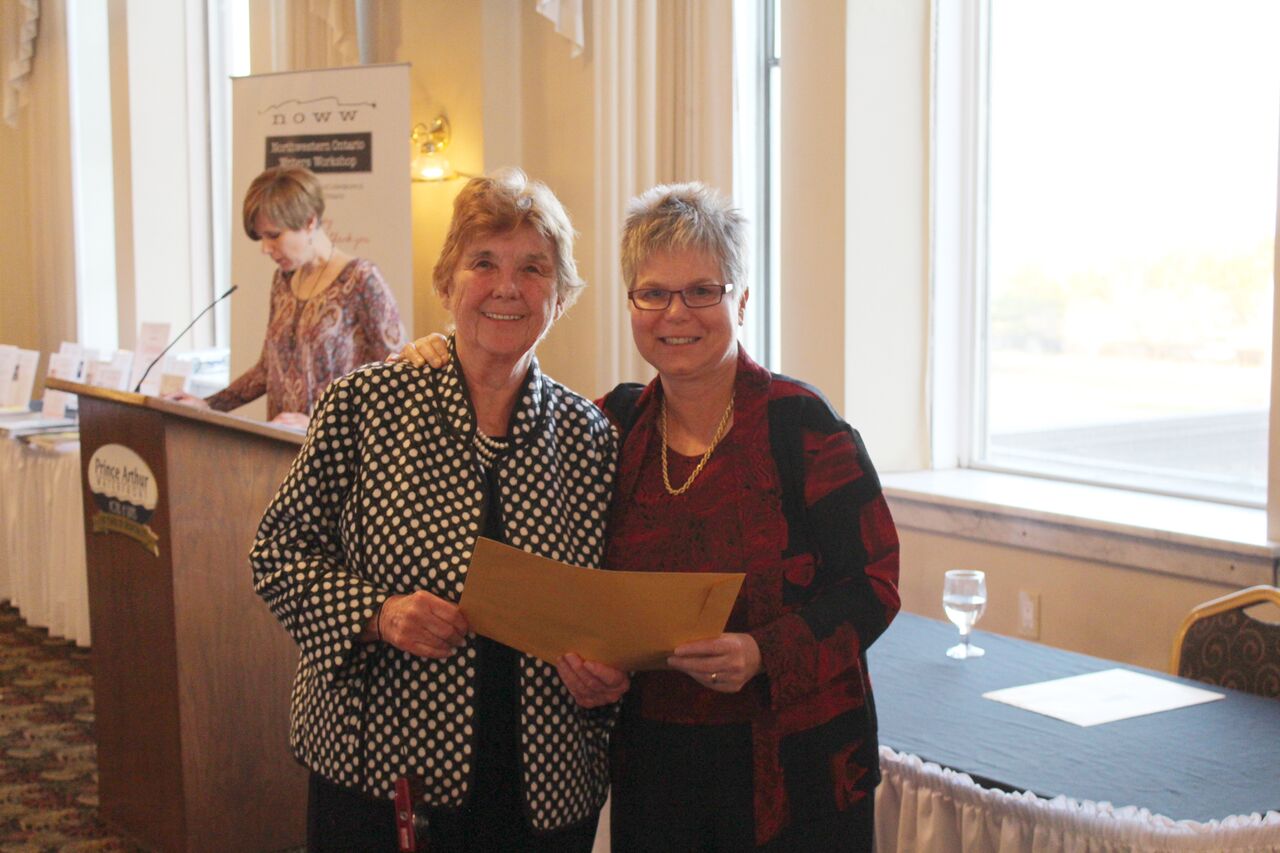










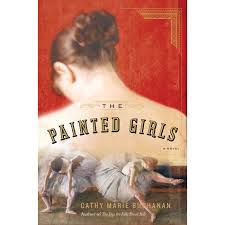










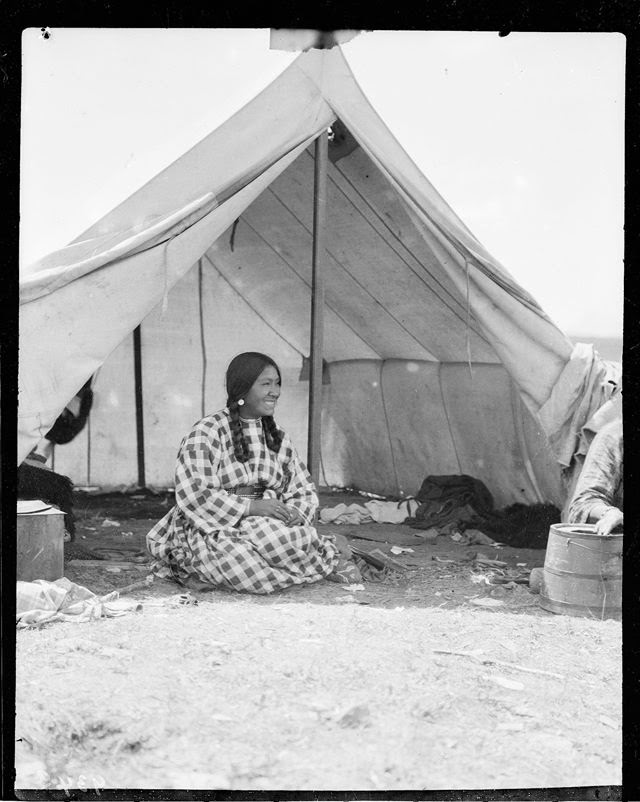
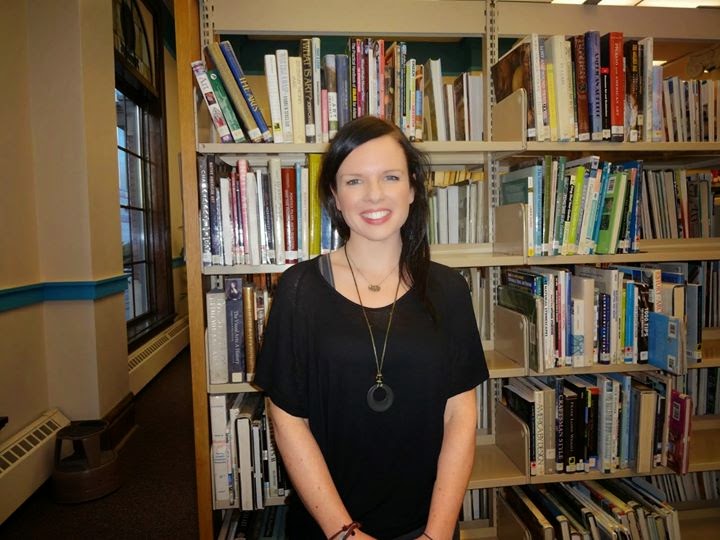

































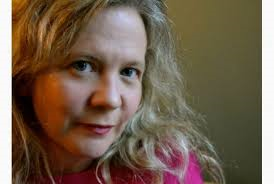


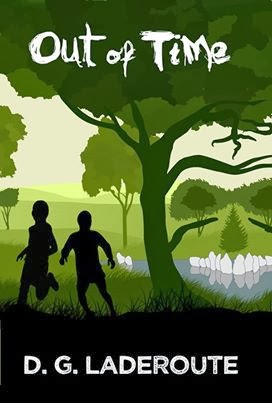
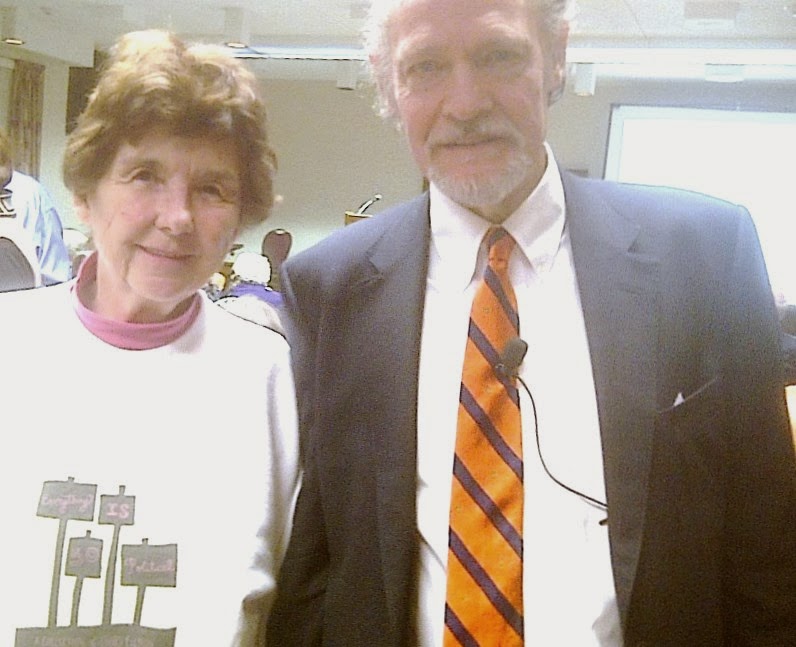






















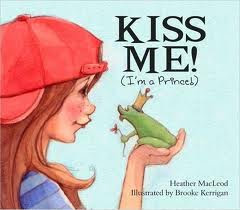




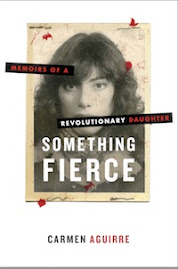




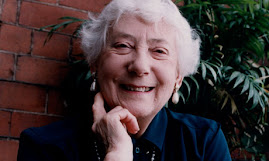









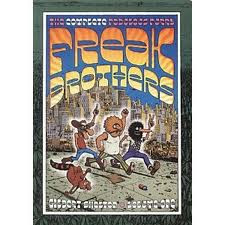
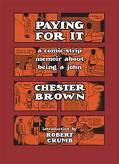
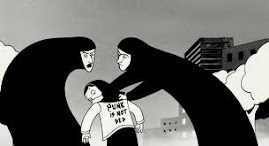
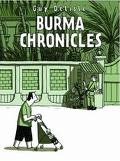




















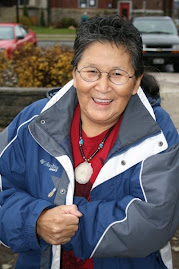









































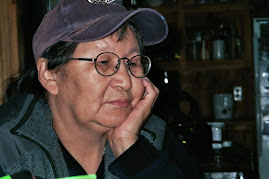




































No comments:
Post a Comment